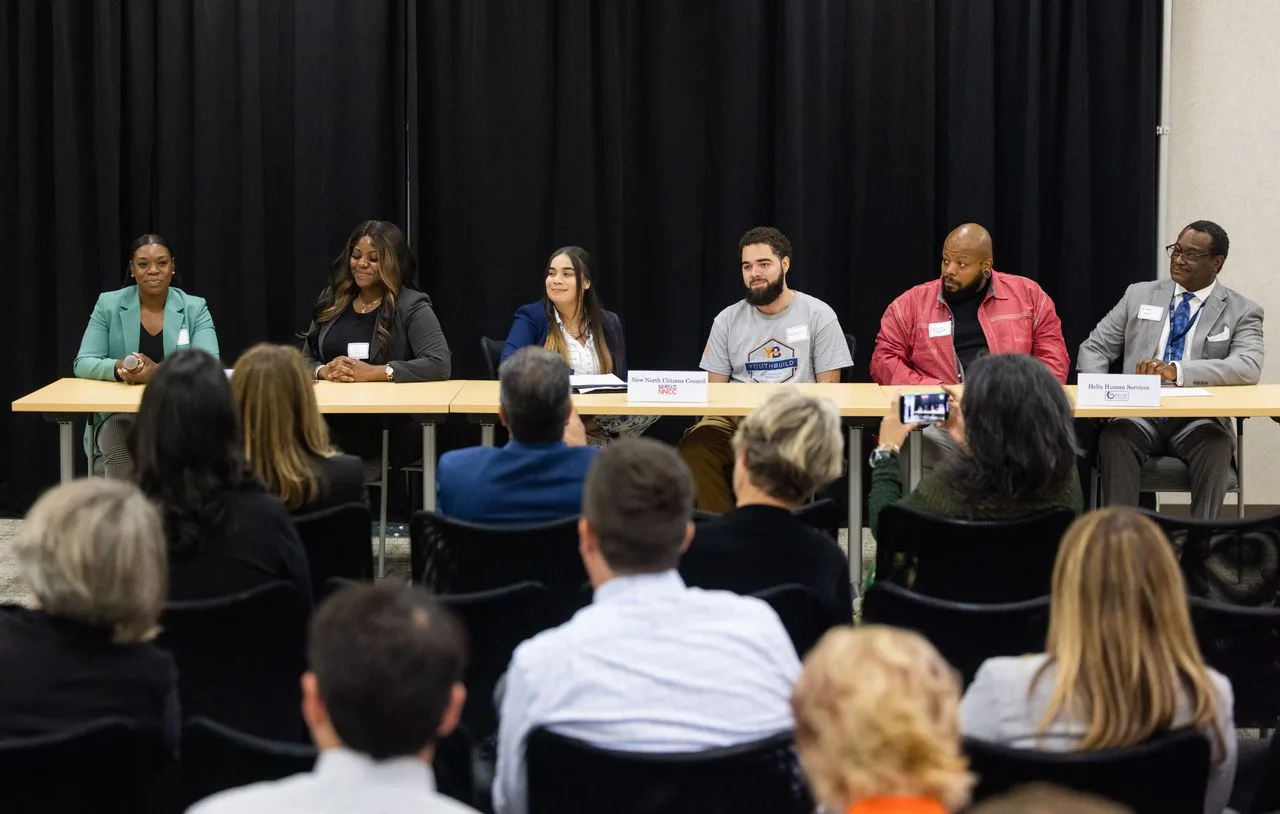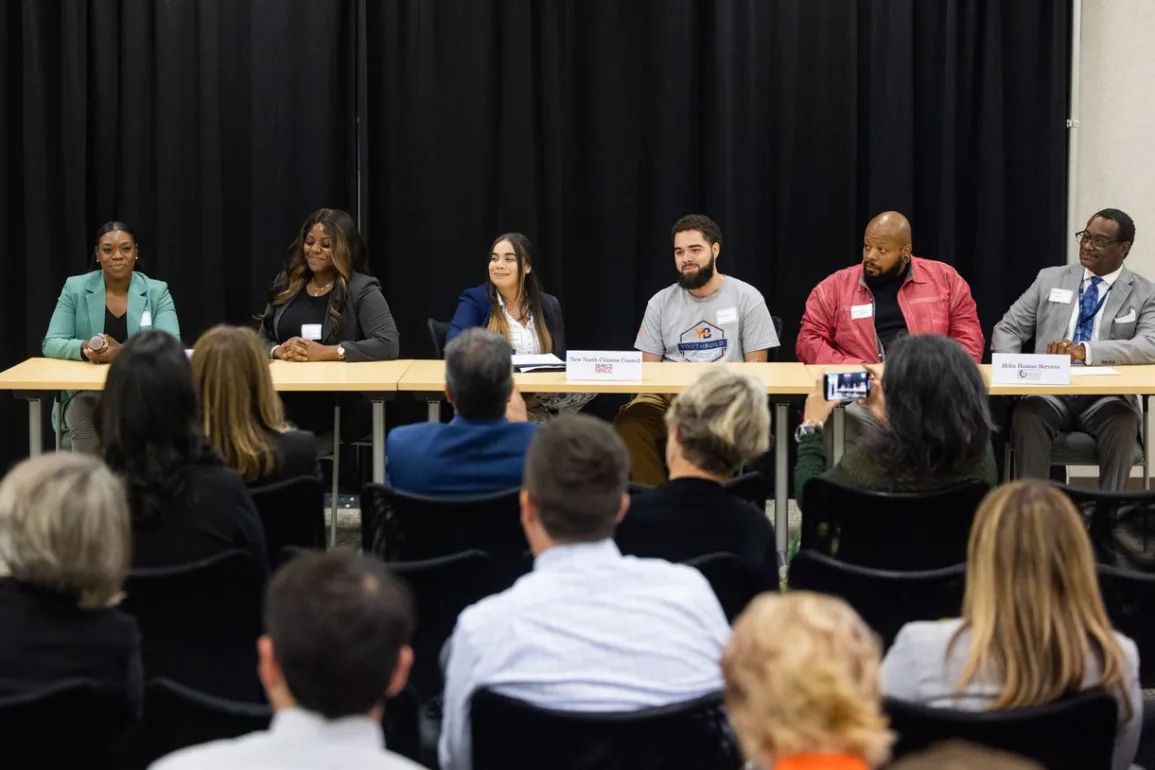
SPRINGFIELD — Nearly half of surveyed residents with criminal records in Greater Springfield are still jobless a year after leaving prison, according to a recent assessment.
The point of the survey: to help local agencies, and their justice system-involved clients, to overcome post-incarceration and other traumatic hurdles.
Survey results were shared with the community yesterday at an event hosted by the Economic Development Council of Western Massachusetts at the TD Bank Center.
Based on the findings, Springfield WORKS will aim to engage employers to break down hiring barriers, and implement and strengthen relationships for “second chance” hiring.
Springfield WORKS teamed up with eight partner organizations — Helix Human Services, HCS Head Start, Holyoke Community College, Home City Development, MassHire Springfield, New North Citizens’ Council, Springfield School Volunteers and Square One — to conduct face-to-face interviews with the 170 participants who have seen the criminal justice system from the inside.
In the assessment interviews and yesterday, participants spoke about their traumatic experiences and what employment opportunities they’re currently looking for, said Meghan Rothschild, a media consultant for Springfield WORKS.
Three of the 170 participants, along with representatives of the partnering agencies, shared their thoughts on the assessment during the event. India Click, a teacher at Square One Family Centers, was one of the people who took the survey, which she completed with Melissa Blissett, vice president of family services for Square One.
Click said the trauma-informed assessment helped her feel heard and understood.
“I was able to tell her my problems, and she was able to do the best that she could to help me solve those problems, with housing, food, clothing and other necessities that you need in life,” she said.
Click experienced homelessness before becoming a preschool teacher at Square One. She said she plans on enrolling at Holyoke Community College to gain more experience.
Blissett said the experience of conducting the survey helped her improve her “trauma lens” when providing support to community members who want to regain employment.
The survey results
Anne Kandilis, director of Springfield WORKS, said that the assessments and interviews had a greater purpose than to collect hard, cold facts.
“It’s not just to check the box. It’s designed to create a deeper connection,” Kandilis said. “We met (with community partners) biweekly to continue to develop, dig into what we were learning from both the assessments and voices.”
To achieve those deeper results, Kandilis said the grant went toward hiring a trauma consultant, who helped design the Trauma-Informed and Responsive, Ready, Willing and Able Assessment Tool, as well as a professional evaluation to ensure the information they presented was accurate.
In addition to connections being made between the interviewers and survey participants, the assessments did lead to some eye-opening figures. According to the results, 43 percent of the participants had been incarcerated, and 67 percent had a family member who had been incarcerated.
Additionally, 40 percent of the participants affected by incarceration reported that they did not know how or where to connect with local resources.
By the survey’s conclusion, 94 percent of the clients reported that they now knew where to get help addressing barriers to employment, and 147 of the 170 participants received direct referrals to help them achieve their employment goals.
Fifty-five percent of respondents said they were referred to a new resource. Of those, 60 percent said they had accessed a new resource.
All clients who worked with an agency reported a positive experience, according to a Springfield WORKS key takeaway document.
Of the 170 participants, 60 percent were Latino, 23 percent were Black or African American, 11 percent were white, and 3 percent were mixed race. The remainder did not disclose their race.
Through the process, the agency workers said they learned skills to provide services, provided a sense of safety, connecting and trust to discuss difficult and personal problems.
The assessment was paid for with a $500,000 Community Empowerment Grant from the state, awarded to Springfield WORKS and its eight partner organizations. These grants are designed to develop, strengthen and invest in community-led efforts in economically disadvantaged areas, according to Mass.gov.


